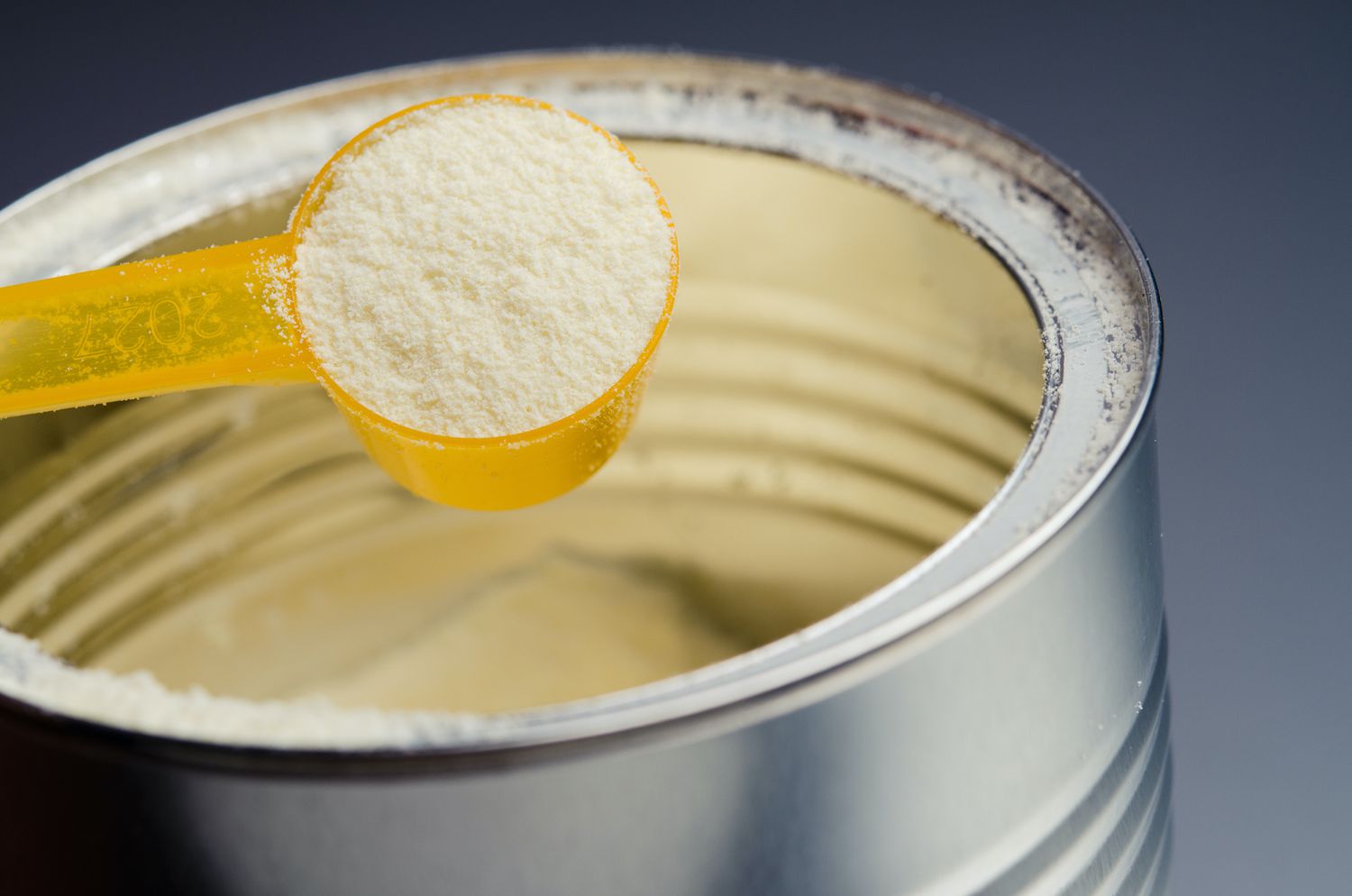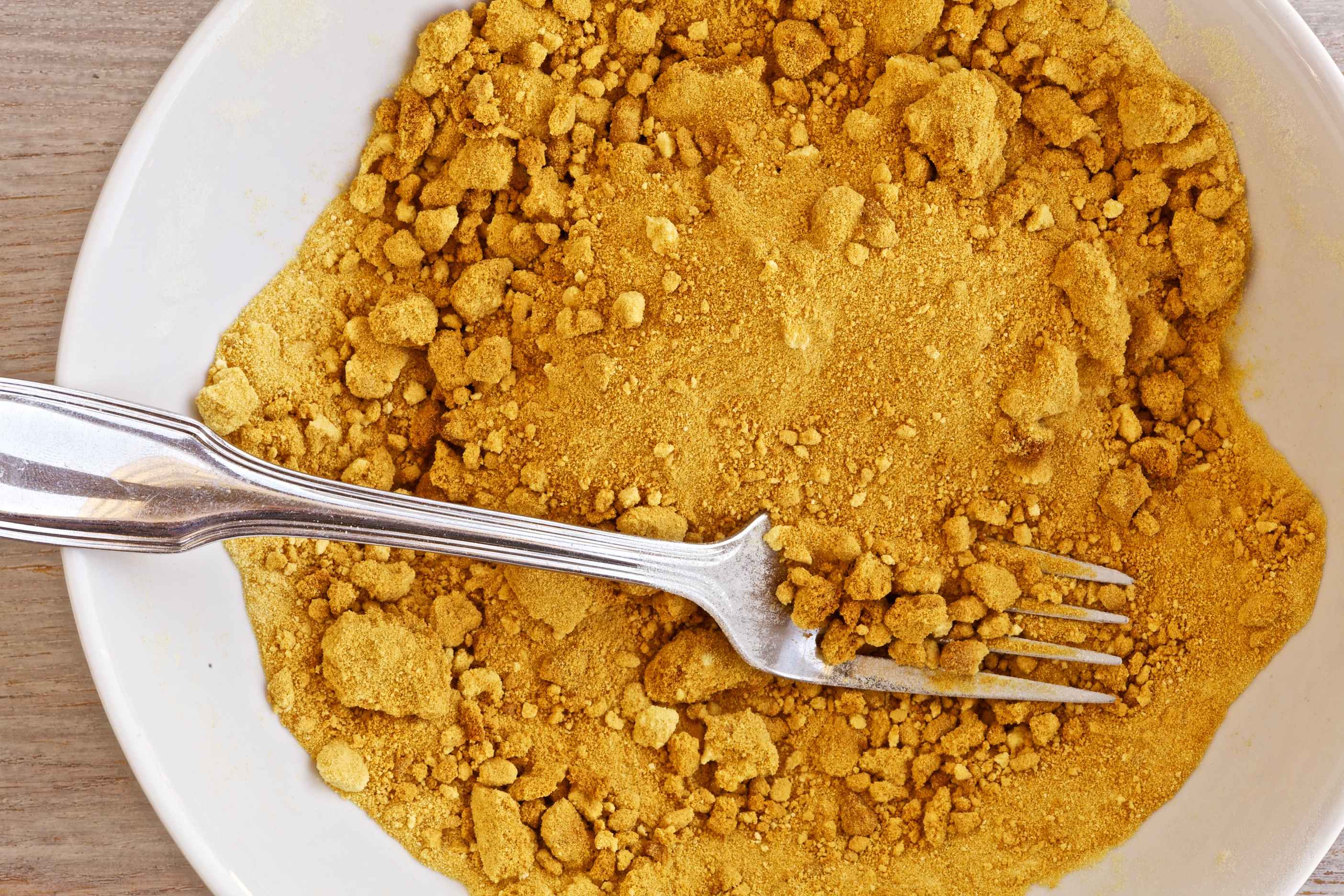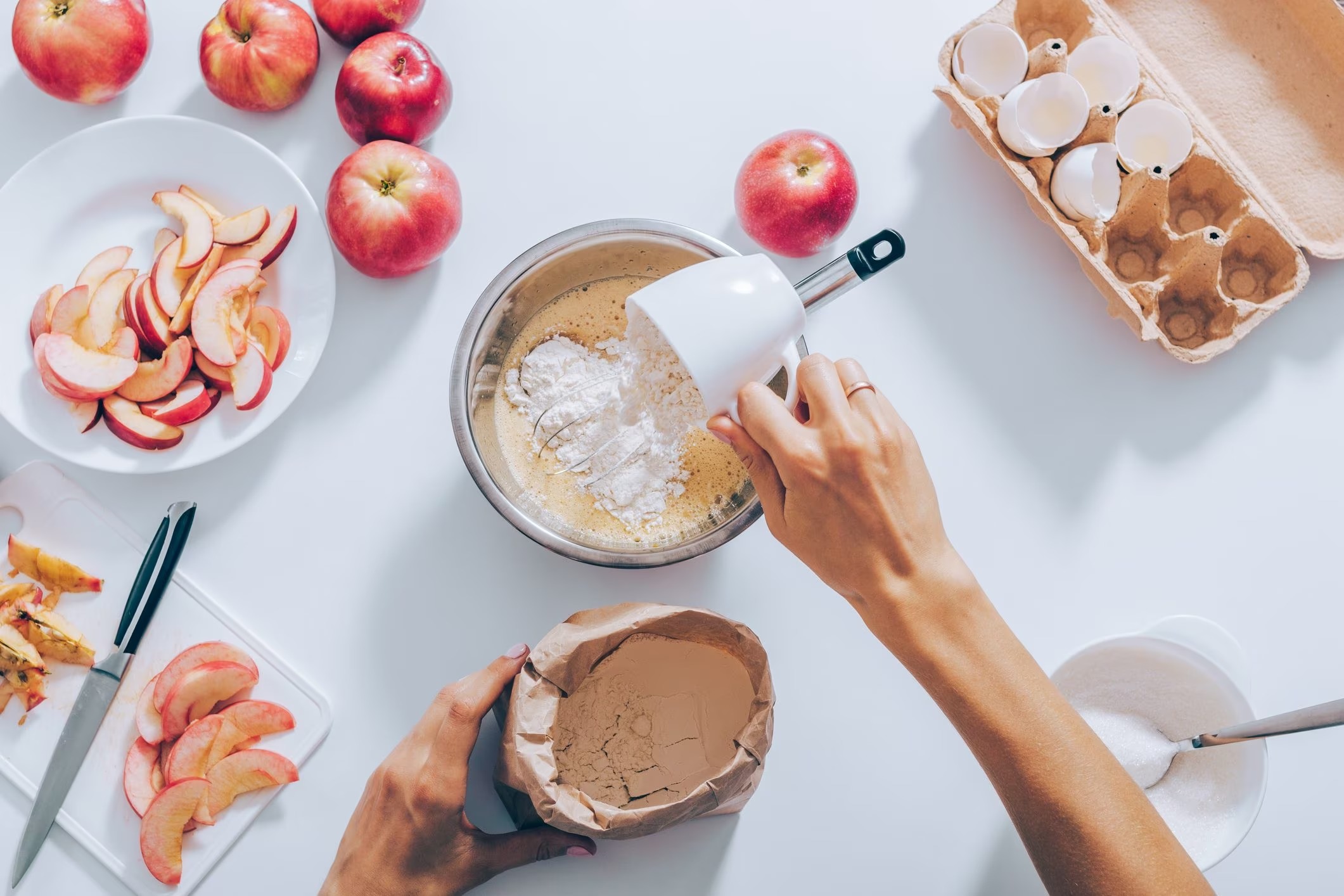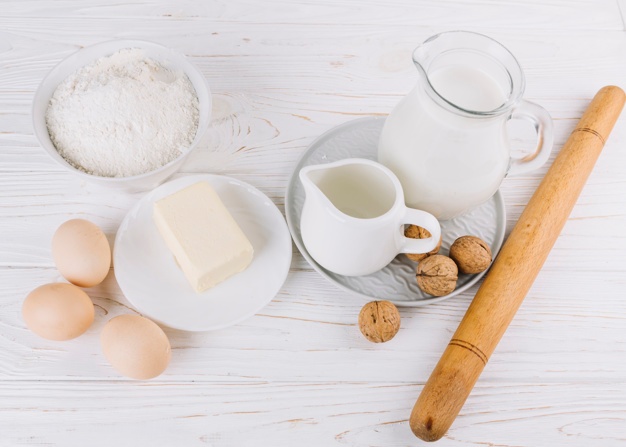How Milk Powder Enhances Baking
By Ashmal Shah
3 June 2023
When it comes to baking, the ingredients we choose can make a significant difference in the taste, texture, and overall quality of the final product. One such ingredient that often plays a crucial role is milk powder. While fresh milk is a common component in many recipes, milk powder offers a range of benefits that can take your baked goods to the next level. In this article, we'll explore how milk powder helps in baking and why it's worth incorporating into your culinary repertoire.

Improved Texture and Moisture:

Milk powder is renowned for its ability to enhance the texture of baked goods. When incorporated into recipes, it helps create a tender and moist crumb, giving your cakes, breads, and cookies a soft and delicate texture. The proteins and fats in milk powder interact with other ingredients, promoting gluten development and improving the structure and overall moisture content of the baked goods. This can result in a more indulgent and enjoyable eating experience.
Extended Shelf Life:
One of the significant advantages of using milk powder in baking is its ability to extend the shelf life of your creations. The low moisture content in milk powder helps inhibit the growth of bacteria and molds, allowing your baked goods to stay fresh for a longer time. This is especially beneficial for items like bread, pastries, and cookies, which can often become stale or dry quickly. By incorporating milk powder, you can enjoy your baked treats for an extended period without compromising on taste or quality.
Enhanced Flavor:

Milk powder contributes to the overall flavor profile of your baked goods. It adds a rich and creamy taste, reminiscent of fresh dairy products. The natural sugars and proteins present in milk powder undergo Maillard browning reactions during baking, resulting in a desirable golden color and a slightly caramelized flavor. This subtle sweetness and depth of flavor can elevate the taste of your cakes, cookies, and other treats, making them even more enjoyable.
Convenience and Versatility:

Milk powder offers convenience and versatility in the kitchen. It has a long shelf life and does not require refrigeration, unlike fresh milk. This makes it a convenient option to have on hand for impromptu baking sessions or when fresh milk is not readily available. Additionally, milk powder can be easily incorporated into a wide range of recipes. It can be mixed with dry ingredients or reconstituted with water to replace fresh milk in a 1:1 ratio. This versatility makes milk powder a valuable ingredient for various baked goods, including bread, cakes, muffins, and pancakes.
Nutritional Value:
Milk powder also adds nutritional value to your baked goods. It is a good source of protein, calcium, vitamins, and minerals, which are essential for maintaining a balanced diet. By using milk powder in your baking, you can enhance the nutritional content of your treats without compromising on taste or texture.
Tips for Using Milk Powder in Baking:
- When using milk powder, ensure that it is fresh and has not exceeded its expiration date.
- Follow the instructions on the packaging regarding the amount of water needed to reconstitute the milk powder if the recipe calls for it.
- For optimal results, sift the milk powder along with other dry ingredients to prevent any lumps and ensure even distribution.
You Might Also Want To Read This
Popular Posts








